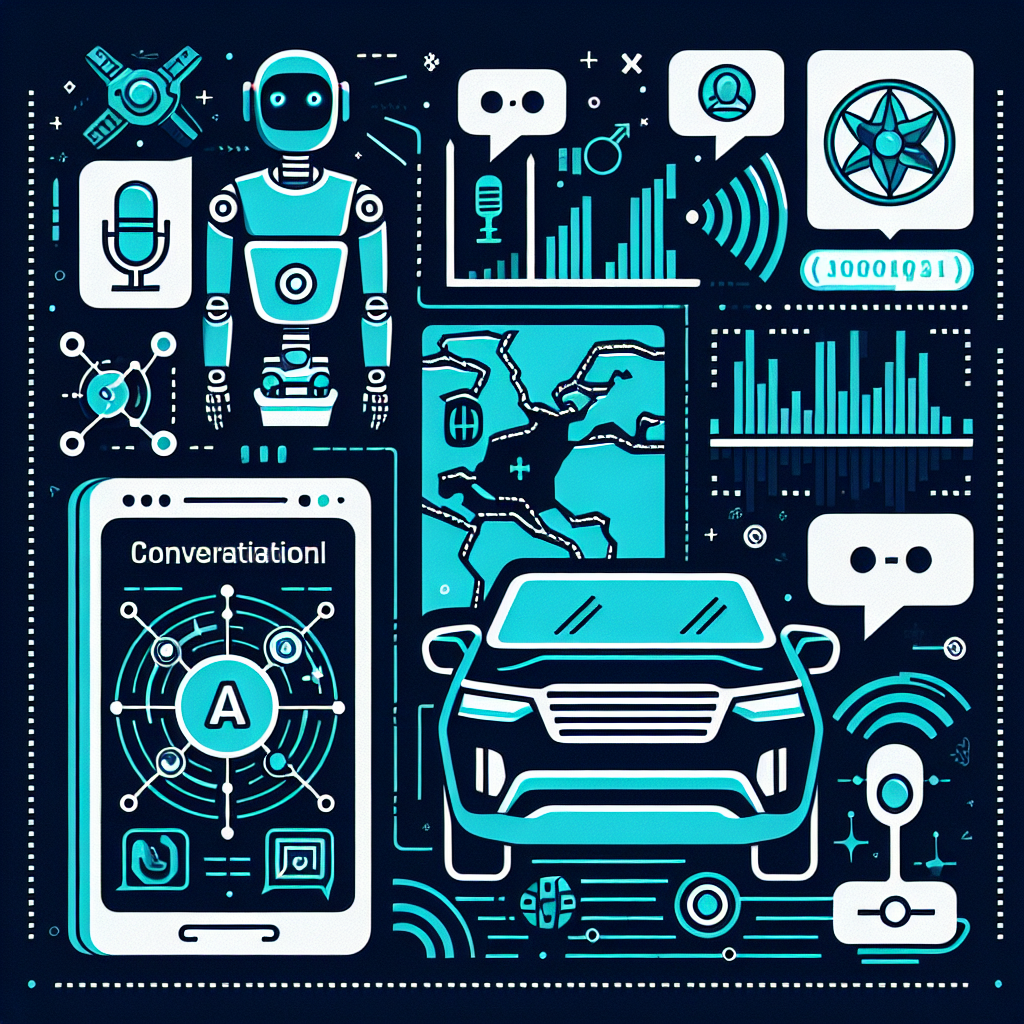In recent years, conversational AI has made significant strides in transforming various industries, including transportation. From enhancing travel planning to improving navigation, conversational AI has the potential to revolutionize the way we travel. In this article, we will explore how conversational AI is changing the transportation industry and discuss its benefits and challenges.
What is Conversational AI in Transportation?
Conversational AI, also known as chatbots or virtual assistants, uses natural language processing (NLP) and machine learning to communicate with users in a conversational manner. In the transportation industry, conversational AI is being used to provide real-time information, personalized recommendations, and assistance to travelers.
One of the key applications of conversational AI in transportation is travel planning. Travelers can use chatbots to search for flights, hotels, and rental cars, as well as plan their itinerary. Chatbots can also provide information on weather conditions, traffic updates, and local attractions, making it easier for travelers to plan their trips.
Another important application of conversational AI in transportation is navigation. Chatbots can help travelers find the best route to their destination, provide real-time traffic updates, and offer alternative transportation options such as public transit or ridesharing services. By using conversational AI, travelers can navigate unfamiliar cities with ease and avoid getting lost.
Benefits of Conversational AI in Transportation
There are several benefits of using conversational AI in transportation:
1. Personalized Assistance: Chatbots can provide personalized recommendations based on the traveler’s preferences and past behavior. For example, a chatbot can suggest restaurants, attractions, and activities based on the traveler’s interests.
2. Real-time Information: Chatbots can provide real-time information on flight delays, traffic updates, and public transit schedules, allowing travelers to make informed decisions.
3. Improved Customer Service: Chatbots can answer travelers’ questions and provide assistance 24/7, improving customer service and satisfaction.
4. Seamless Integration: Chatbots can be integrated into existing transportation apps and websites, making it easy for travelers to access information and services in one place.
Challenges of Conversational AI in Transportation
While conversational AI has many benefits, there are also challenges to consider:
1. Accuracy: Chatbots may not always provide accurate information, leading to confusion and frustration for travelers.
2. Language Barriers: Chatbots may struggle to understand different accents, dialects, and languages, making it difficult for travelers to communicate effectively.
3. Data Privacy: Chatbots collect a lot of personal data from travelers, raising concerns about data privacy and security.
4. Technical Limitations: Chatbots may have limited functionality and may not be able to handle complex queries or tasks.
Despite these challenges, conversational AI has the potential to greatly enhance travel planning and navigation in the transportation industry.
FAQs
Q: How can I use conversational AI for travel planning?
A: You can use chatbots to search for flights, hotels, rental cars, and plan your itinerary. Chatbots can also provide information on weather conditions, traffic updates, and local attractions.
Q: Can chatbots provide real-time information on flight delays and traffic updates?
A: Yes, chatbots can provide real-time information on flight delays, traffic updates, and public transit schedules, allowing travelers to make informed decisions.
Q: Are there any privacy concerns with using chatbots for travel planning?
A: Yes, there are privacy concerns with using chatbots, as they collect a lot of personal data from travelers. It is important to ensure that your data is secure and protected.
Q: What are the benefits of using conversational AI in transportation?
A: The benefits of using conversational AI in transportation include personalized assistance, real-time information, improved customer service, and seamless integration into existing apps and websites.
In conclusion, conversational AI is transforming the transportation industry by enhancing travel planning and navigation. While there are challenges to overcome, the benefits of using chatbots for travel are substantial. As technology continues to advance, we can expect to see even more innovative uses of conversational AI in transportation in the future.

